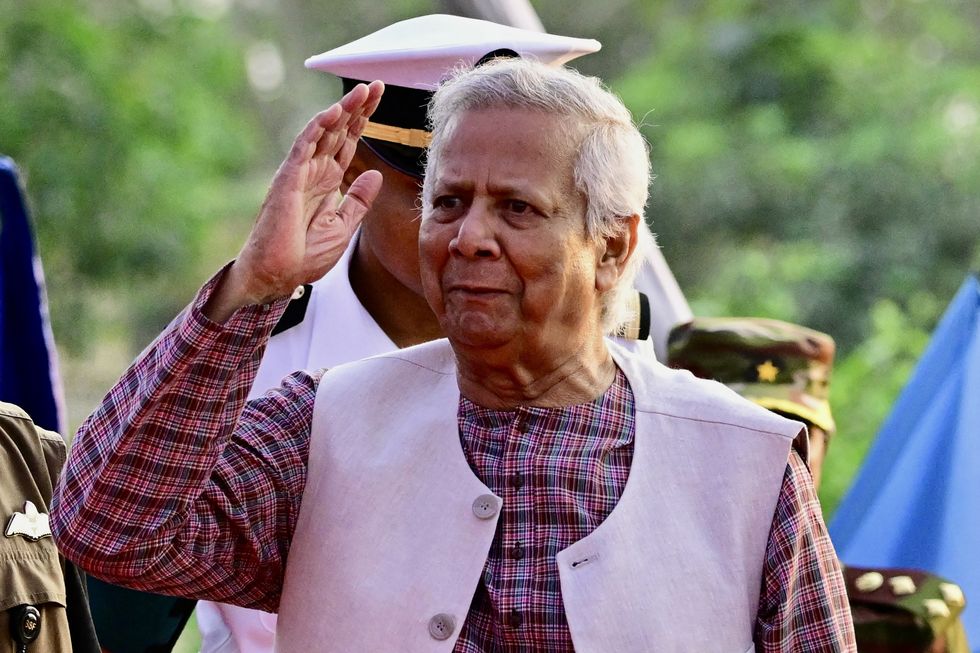Indian police have arrested a 24-year-old American tourist, Mykhailo Viktorovych Polyakov, for illegally entering North Sentinel Island, one of the most protected and isolated regions in the world. The remote island, part of the Andaman and Nicobar Islands in the Bay of Bengal, is home to the Sentinelese tribe, who reject all contact with outsiders and are safeguarded by Indian law.
Polyakov reportedly attempted to make contact with the Sentinelese by offering a coconut and a can of Diet Coke. He used a motorised inflatable boat to reach North Sentinel Island, where he spent a few minutes onshore before returning to his vessel. Authorities confirmed that he collected sand samples and filmed his brief landing using a GoPro camera.
“He landed briefly, left the offerings, recorded a video, and then returned to his boat,” said HGS Dhaliwal, police chief of the Andaman and Nicobar Islands. “A review of his GoPro footage confirmed his unauthorised entry into North Sentinel Island.”
Access to the island is strictly prohibited under the Andaman and Nicobar Islands Protection of Aboriginal Tribes Regulation, which bans all individuals—Indian or foreign—from approaching within five kilometres of the island. The law exists to protect the tribe from diseases they have no immunity against and to preserve their way of life.
Polyakov was arrested late on Monday, about two days after his unauthorised landing. He was presented before a local court and has been placed on a three-day remand for further interrogation. Officials are now investigating whether he received assistance from locals, who may also face prosecution under Indian law.
This was not Polyakov’s first attempt to reach the island. Police revealed he tried to visit North Sentinel Island twice in recent months. His first attempt, using an inflatable kayak in October 2024, was stopped by hotel staff. A second effort in January 2025 also failed. However, this time, he successfully reached the island by crossing approximately 35 kilometres of open sea from the main archipelago.
Prior to landing, Polyakov reportedly spent an hour blowing a whistle offshore in an attempt to attract the attention of the Sentinelese. His motivations remain unclear, but Indian authorities consider the incident a serious violation of both legal and ethical boundaries.
North Sentinel Island gained international attention in 2018 when American missionary John Allen Chau was killed by the Sentinelese after attempting a similar illegal landing. His body was never recovered, and no legal action was taken due to the restrictions surrounding the island.
The Sentinelese tribe is believed to number around 150 individuals. Their language, customs, and lifestyle remain largely unknown due to their long-standing isolation. The tribe has a reputation for hostility towards outsiders, often using bows and arrows to ward off intruders. A widely circulated photograph from two decades ago shows a Sentinelese man aiming a bow at a helicopter flying overhead.
India has maintained a firm stance on protecting the tribe, stating that any interaction could pose a life-threatening risk to the community. The government has also prosecuted locals who have attempted to facilitate contact with the tribe.
Beyond the Sentinelese, the Andaman Islands are also home to other Indigenous groups, including the Jarawa tribe. Activists warn that increasing tourism and illegal contact threaten these communities' health and cultural survival. In the past, some tourists have even bribed officials to gain access to restricted tribal areas.
While North Sentinel Island remains off-limits to the public, the broader Andaman and Nicobar Islands are strategically significant for India. Located near vital global shipping lanes and closer to Myanmar than mainland India, the region has seen increased military and infrastructure investment. India has announced plans to invest around $9 billion in naval and air base expansions, ports, and other facilities in the area.
Authorities continue to investigate Polyakov’s actions and reiterate that the laws protecting North Sentinel Island are in place not only to safeguard the Indigenous tribe but also to protect visitors from harm. The case serves as a reminder of the importance of respecting the autonomy and safety of Indigenous communities who wish to remain isolated from the modern world.


















 Muhammad Yunus
Muhammad Yunus

